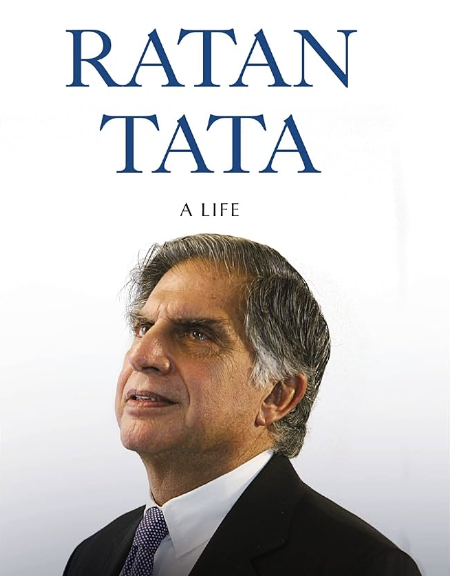The world mourns the loss of a remarkable visionary and industrial titan, Ratan Tata, who passed away peacefully at the age of 86. Celebrated as the chairman emeritus of Tata Sons, Ratan Tata transformed and expanded the reach of his family’s conglomerate across continents. This article delves into the legacy of the man who became synonymous with integrity, humility, and unparalleled success.
Early Life: A Foundation of Greatness
Ratan Tata was born on 28 December 1937, into a prominent Parsi family in Bombay, British India. His lineage, intertwined with the history of modern India, provided him with an upbringing that emphasized excellence in education and leadership. Ratan attended the prestigious Bishop Cotton School in Shimla followed by a degree in architecture from Cornell University.

Key Influences and Career Beginnings
Beginning his career on the factory floor in the Tata group, his resolve was shaped by the principles of hard work and employee welfare. In the 1960s, Ratan Tata joined Tata Steel and quickly earned respect, nurturing relationships across the hierarchy and proving himself to be a leader with a heart and foresight.
Transformative Leadership at Tata Group
His ascent to the role of head honcho of Tata Sons in 1991 marked a new era for the now-global conglomerate. During his tenure, Ratan Tata orchestrated some of the most daring and innovative ventures in the company’s history:
- Expansion beyond India: Under his leadership, Tata Group conducted a series of acquisitions that stunned the business world: Jaguar Land Rover in 2008, Tetley in 2000, and Corus Steel in 2007.
- Call for Ethics: His insistence on the importance of ethical business practices earned him a revered status in corporate governance.
- Technological Innovation: Ratan was instrumental in the creation of Tata Nano, the world’s most affordable car, reflecting his vision of empowering the middle-class populace.
Philanthropy: A Life of Giving
While his business acumen was legendary, Ratan Tata was equally admired for his commitment to philanthropy. A significant portion of Tata Sons’ profits is directed towards charitable trusts, supporting a myriad of social endeavors, including healthcare, education, and rural development.
His personal endowments mirror this commitment, having established foundations and scholarships that have touched countless lives globally. While others recognized Tata Group as a profit-driven powerhouse, Ratan viewed it as a conduit for social change.
A Gentle Magnate with a Global Influence
Despite his towering stature in the business world, Ratan Tata remained a man of simplicity and profound thoughtfulness, always encouraging young entrepreneurs and innovations. Perhaps it was his unassuming demeanor, alongside his breadth of influence, that made his success stories the stuff of legends.
Beyond Business
His interests were eclectic and engaging. It is said that the sparkle in his eye would often brighten at a good book, and his love for dogs was well-documented—enjoying the companionship of canines throughout his life. This multitude of interests only further humanizes a man whose impact on industry and society is respected globally.
The Legacy of Ratan Tata
Ratan Tata leaves behind a legacy that is layered and intricate, redefining what it means to be a businessman in this day and age. For those who walked alongside him in the corporate hallways and factories of Tata Group, his life embodied the idea that wealth must come with a purpose.
As we reflect on his impact, it becomes evident that Ratan Tata wasn’t merely a billionaire but rather a custodian of values that encouraged continued goodwill and progress for society at large.
Impact of Billionaires on the Economy
In a broader sense, billionaire entrepreneurs like Ratan Tata have a profound impact on economic landscapes across the globe. Their investments and decisions can alter entire industries and create opportunities within innovation, infrastructure, and job creation. Particularly, the interventions in developing countries, as spearheaded by firms like Tata Group, tend to result in significant economic development.
In the grand tapestry of industrial history, Ratan Tata’s life illustrates some of the finest qualities a businessman can possess. His passing indeed marks the end of an era, but his contributions to the world will continue to nurture and inspire generations to come.